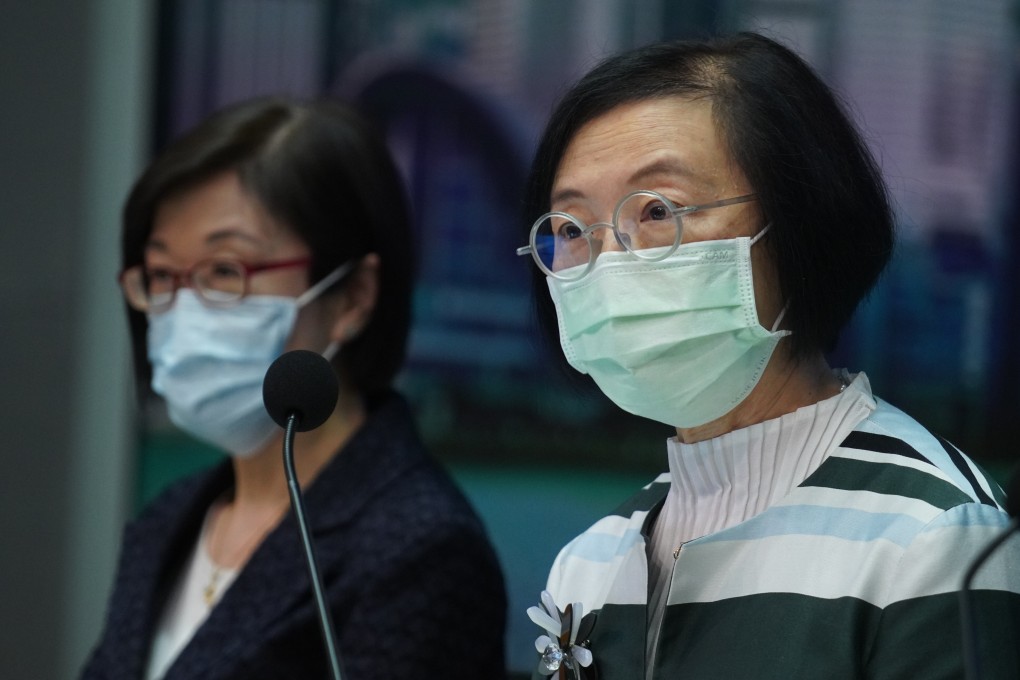Editorial | Patient safety comes first in addressing shortage of doctors in Hong Kong
- Balance must be struck in trying to lure foreign-trained professionals back to Hong Kong because nobody wins with an undermanned, overworked public medical sector

The government has unveiled details of proposed legislation to lure foreign-trained doctors back to the city to work in the undermanned public health system – without having to pass the local licensing exam. When considering the changes next month, lawmakers will have to make important decisions.
Ultimately it is about ensuring enough doctors to avoid even longer queues and waiting times for treatment, without compromising standards.
To build support for the government’s plan, health minister Professor Sophia Chan Siu-chee says that without it Hong Kong will have 1,610 fewer doctors than needed by 2030, rising to 1,949 by 2040, a gap that she says cannot be closed by increasing the number of medical students. These are worrying figures in terms of maintaining the quality and supply of medical services.
Under the proposal, eligible doctors must be permanent residents, graduates from approved medical schools, and already registered to practise elsewhere. The controversial aspect is the exemption from having to sit the local licensing exam. Local doctors remain largely opposed to this concession, arguing that it risks diluting professional standards.

04:36
Hong Kong faces expat exodus as appeal of international city wanes
The bill faces resistance from doctors and some, but not all, patients’ rights groups. In an interview with the Post this week, Chan denied that the government was “standing against” the medical sector and said it was willing to communicate and listen to its opinions.
